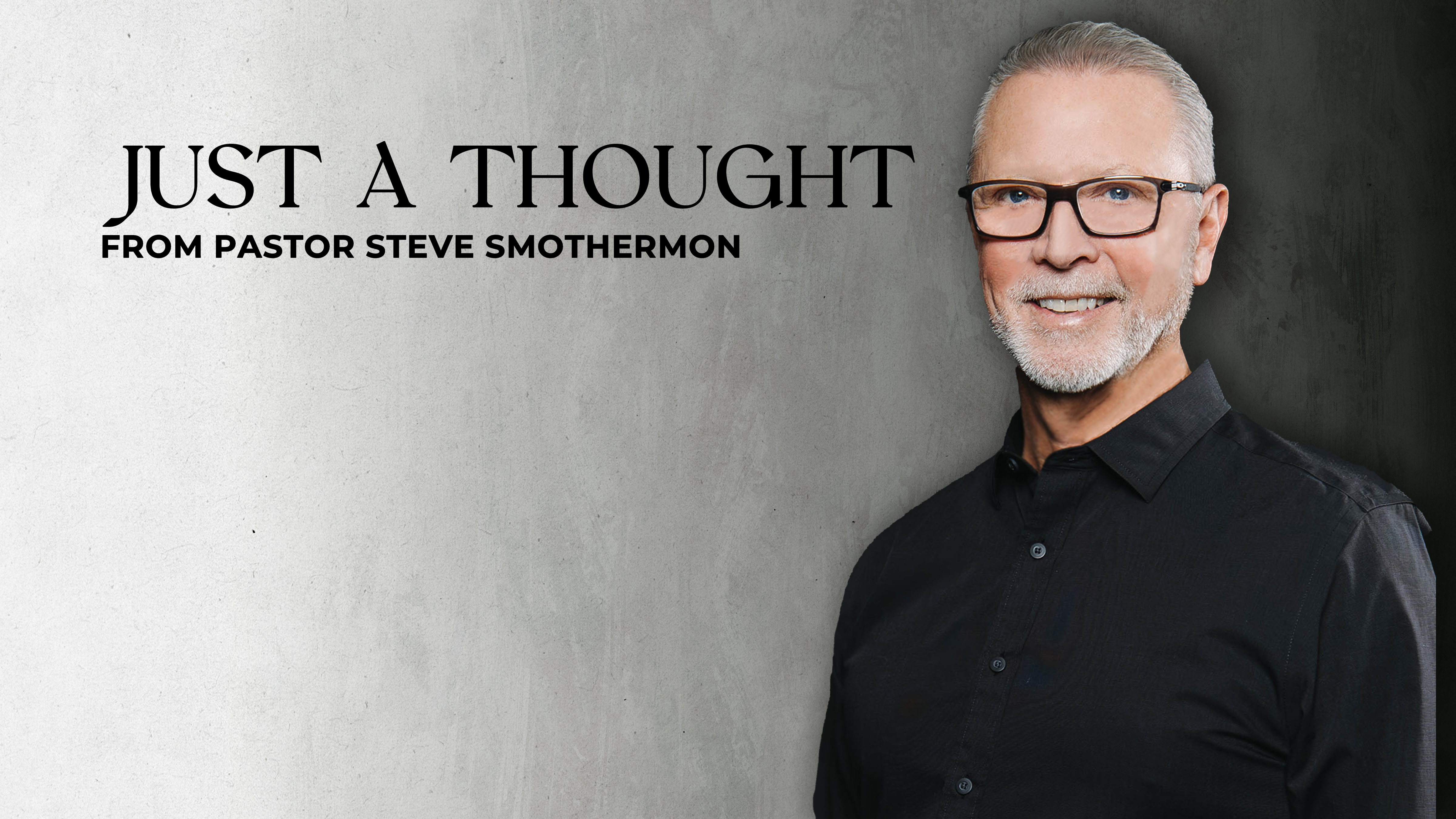Should We Judge or Not Judge?
That is a huge question in our world today, even in our Christian communities. Am I allowed to judge? Should I make judgments? Is it right for me to do so? Jason Malec said, “Faith in God will, by definition, grate against a morally ambiguous culture.”
To judge means to separate, pick out, and to pronounce an opinion concerning right or wrong. We make judgments every day, all day. When people say, “Who are you to judge me?” what they are really saying is, “Don’t tell me that my morality is wrong.” When you tell someone that you agree with them, you don’t hear them say, “Who are you to judge me?” In reality, you are making as much of a judgment there, as you are if you disagree.
People today don’t want, or are becoming unwilling, to be told that they are wrong. The Bible says, “Do not judge, and you will not be judged … For with the measure you use, it will be measured to you” (Luke 6:37-45, NIV). If you read it in context, it is telling us not to be hypocritical. In other words, if you are drinking alcohol and trying to tell someone else it is wrong, don’t do it. However, to be able to tell someone that they are wrong in the way that they are living (lifestyle, for example) really is right. We should not do this in a mean way.
If we don’t uphold the standard of God’s word and let people know the standard that God put forth on how we are to live, who will? As Christians, we are to let people know what God’s word teaches on every area of our lives. That, in and of itself, will cause people to either embrace it, or reject it by saying, “Who are you to judge me?”
Either way, we are obligated to teach God’s word to everyone.
Just a thought,
PSS
Published on Monday, July 15, 2024 @ 10:04 AM MDT
Focused Faith vs. Circumstantial Faith
What kind of faith do you really have? Is it focused faith or circumstantial faith?
Circumstances:
Circumstantial faith is faith that goes up or down, depending on my current set of circumstances. It’s believing in God as long as I am happy with every aspect of my life — everything going the way I want it to go. This type of faith is not at all faith in God — in one day, out the next, depending on how I feel God is acting and what He’s doing for me.
Expectations:
A good term is unexplainable circumstances. We expect God to act in a certain way, and when He doesn’t, we have a crisis of faith. One of our biggest issues is that we are just not good at interpreting events. For example, I worked at UPS for 10 ½ years. I thought God was punishing me for something I did wrong, or He just didn’t like me. I didn’t understand the events. I went to Bible school to be in the ministry, not to work at UPS.
Understanding:
Probably 10 years after I left and began to pastor, I realized it wasn’t that God didn’t like me or was punishing me for something I did wrong. He was teaching me and training me to serve Him. He taught me that no matter how I felt, do my job. Whether it’s freezing cold outside, or 100 degrees with 90% humidity, do your job. Whether you’re angry, sad, or hurting physically, do your job. Little did I know then what I would be doing today. These lessons have served, and are still serving, me well.
In the midst of trials and tough times, based on circumstances which cause so many to fall away and quit serving God, we can begin to wonder, Is God really there; does He care? What we need is focused faith. Faith that keeps on believing and trusting, no matter the circumstances. That’s the kind of faith we want.
Just a thought,
PSS
Published on Monday, July 8, 2024 @ 12:02 PM MDT
Salt and Light
The Bible teaches us that living a good and pure life isn't just about avoiding bad things: it's also about doing good things like showing love, being patient, being kind, and staying strong and calm, even when things are hard. This idea comes from a part of the Bible, Galatians 5:22-23, that lists these good things. Jesus also talked about this when He said that the people who keep their hearts pure will be able to see God. This means that what we think, say, and do should be good and pure.
In the Bible, Jesus also talks about his followers being the “salt of the earth” and the “light of the world.” This means that Christians should live good and pure lives themselves and also help make the world a better place. Being the “salt of the earth” means keeping the good things about God’s world alive and making life better for others. Being the “light of the world” means helping others see the good in the world and showing them the way to God. By doing this, Christians can help make things better, even when there's a lot of bad stuff happening.
But, the Bible also tells us that it's not always easy to live a good and pure life, especially when there are a lot of bad things happening around us. It can be hard to do the right thing when other people are doing the wrong thing. But the good news is that the Bible says God will always be there to help us. There's a part in the Bible, 1 Corinthians 10:13, that says God won't let us face anything we can't handle. And in another part, Philippians 4:13, it says we can do anything with the help of Jesus. So, even though it can be tough to live a good and pure life, we're not alone. God is always there to help us.
Just a thought,
PSS
Published on Monday, July 1, 2024 @ 8:02 AM MDT
Navigating the Trials of Life
In our walk of faith, it's crucial to understand that God is always good, even when life feels unbearably hard. We must remember Romans 8:28, which assures us that "All things work together for good to those who love God, to those who are the called according to His purpose." Being angry at God only blinds us to the greater picture He is painting with our lives. Our finite understanding cannot comprehend the infinite wisdom of God, who sees the end from the beginning. Just as Isaiah 55:8-9 reminds us, “ ‘For My thoughts are not your thoughts, nor are your ways My ways,’ declares the Lord. ‘For as the heavens are higher than the earth, so are My ways higher than your ways and My thoughts than your thoughts.’ ”
God's sovereignty is not an excuse for our suffering but a comfort in it. When we are tempted to be angry with God, we must instead lean into His promises and trust in His character. Charles Spurgeon once said, "God is too good to be unkind, and He is too wise to be mistaken. And when we cannot trace His hand, we must trust His heart." This profound truth calls us to deepen our trust in God's perfect plan, even when it is beyond our understanding. Psalm 34:18 gives us hope, declaring, "The Lord is near to those who have a broken heart, and saves such as have a contrite spirit." This nearness of God is our refuge and strength.
Furthermore, harboring anger against God leads us away from the healing and peace He offers. Ephesians 4:26-27 warns, "Be angry, and do not sin: do not let the sun go down on your wrath, nor give place to the devil." Anger opens the door to bitterness and estrangement from God, whereas surrendering our pain to Him invites His healing presence. As we navigate the trials of life, let's remember to follow the example of Job, who despite his immense suffering declared, "Though He slay me, yet will I trust Him" (Job 13:15).
Our faith is refined through trials, and in trusting God, we find the strength to endure and the grace to emerge stronger.
Just a thought,
PSS
Published on Monday, June 24, 2024 @ 9:46 PM MDT
Contending for the Faith
We must all contend for the faith, defend the faith (Jude 3-4). If we don’t, we will lose the freedom to worship our God the way He desires to be worshipped.
Love your neighbor:
We hear some people saying things like, Loving our neighbor is taking a shot, wearing a mask, listening to authorities — that somehow during a pandemic we show the love of God toward others by not contending for our rights which God gave us. But somehow, according to them, loving people means to violate the scriptures, and loving God and His word first is not good or loving.
Love God:
It is not more important to love our neighbors at the expense of loving God with all our hearts, souls, and minds. God is first, always first. And in loving Him, serving Him, we all must contend for the faith. Saying nothing, doing nothing, is the same as saying, I really don’t believe in the word of God. We need to get back to rightly dividing the word of truth. It is not ungodly or wrong to stand up for our freedoms and rights: it is wrong not to. These weak, passive, so-called preachers are soft and wrong. Don’t listen to them!
Flee false teaching:
Loving our neighbors as ourselves has nothing to do with giving up our rights and freedom so we can be a witness to them. Some of these guys have even preached that some won’t come to the Church because we didn’t submit to evil and listen to the authorities who have been proven wrong on how they handled the so-called pandemic. I contend that people don’t come because they don’t know what the Church stands for. Weakness in the pulpits of America is the reason people don’t come to church. These false teachers should never be listened to. They are wrong.
Contend for the faith. Stand up for righteousness.
Just a thought,
PSS
Published on Monday, June 17, 2024 @ 5:47 PM MDT

Latest Media
Check out our latest sermons, stream church service live or see other videos and podcasts.

